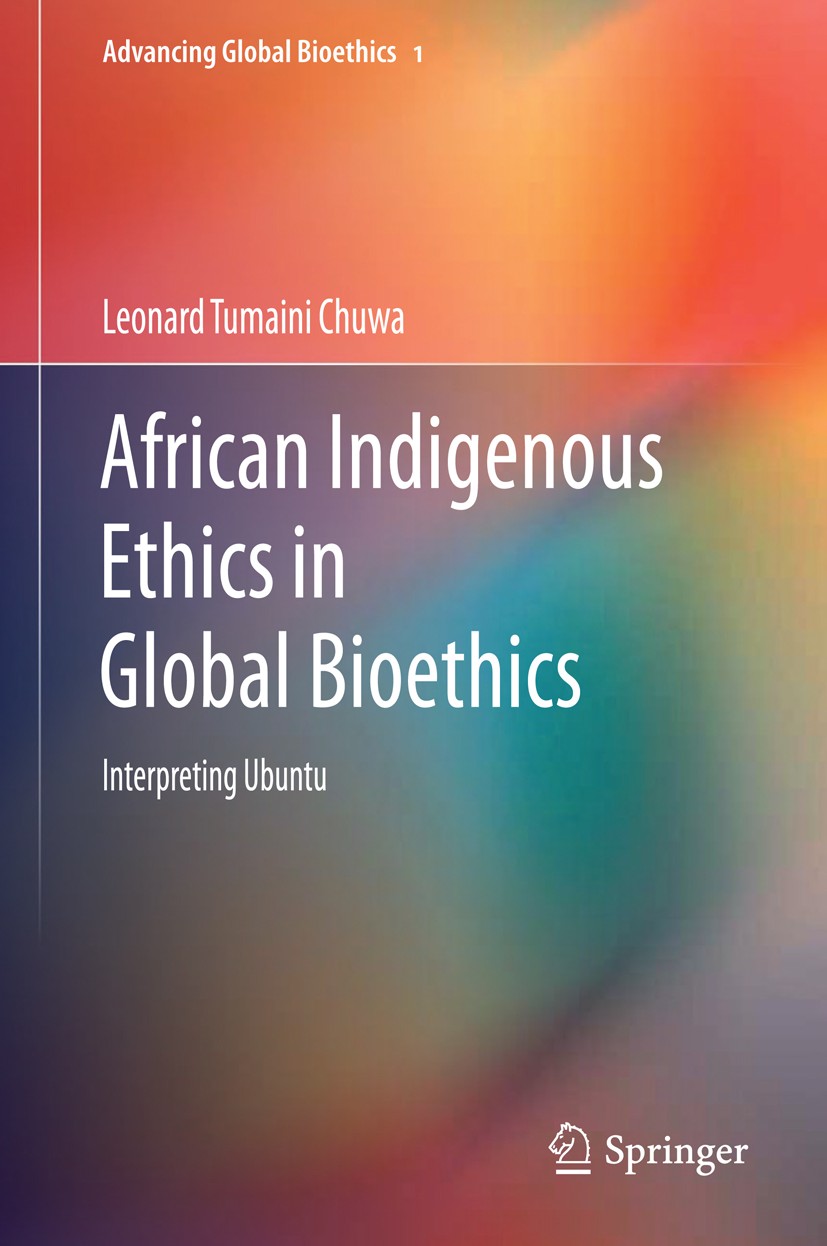| 期刊全稱 | African Indigenous Ethics in Global Bioethics | | 期刊簡(jiǎn)稱 | Interpreting Ubuntu | | 影響因子2023 | Leonard Tumaini Chuwa | | 視頻video | http://file.papertrans.cn/151/150808/150808.mp4 | | 發(fā)行地址 | Challenges the contemporary schools of thought within philosophical and religious ethics.Underlines the fact that the substance of ethics generally and bioethics / healthcare ethics specifically is mu | | 學(xué)科分類 | Advancing Global Bioethics | | 圖書(shū)封面 |  | | 影響因子 | This book?educates whilst also challenging the contemporary schools of thought within philosophical and religious ethics. In addition, it underlines the fact that the substance of ethics in general and bioethics/healthcare ethics specifically, is much more expansive and inclusive than is usually thought. Bioethics is a relatively new academic discipline. However, ethics has existed informally since before the time of Hippocrates. The indigenous culture of African peoples has an ethical worldview which predates the western discourse. This indigenous ethical worldview has been orally transmitted over centuries. The earliest known written African text containing some concepts and content of ethics is the “Declaration of Innocence” written in 1500 B.C., found in?an Egyptian text. Ubuntu is an example of African culture that presents an ethical worldview. This?work interprets the culture of Ubuntu to explain the contribution of a representative indigenous African ethics to global bioethics. Many modern scholars have written about the meaning of Ubuntu for African societies over centuries. Some scholars have viewed Ubuntu as the greatest contribution of African cultures to other world cu | | Pindex | Book 2014 |
The information of publication is updating

|
|
 |Archiver|手機(jī)版|小黑屋|
派博傳思國(guó)際
( 京公網(wǎng)安備110108008328)
GMT+8, 2025-10-8 12:40
|Archiver|手機(jī)版|小黑屋|
派博傳思國(guó)際
( 京公網(wǎng)安備110108008328)
GMT+8, 2025-10-8 12:40


